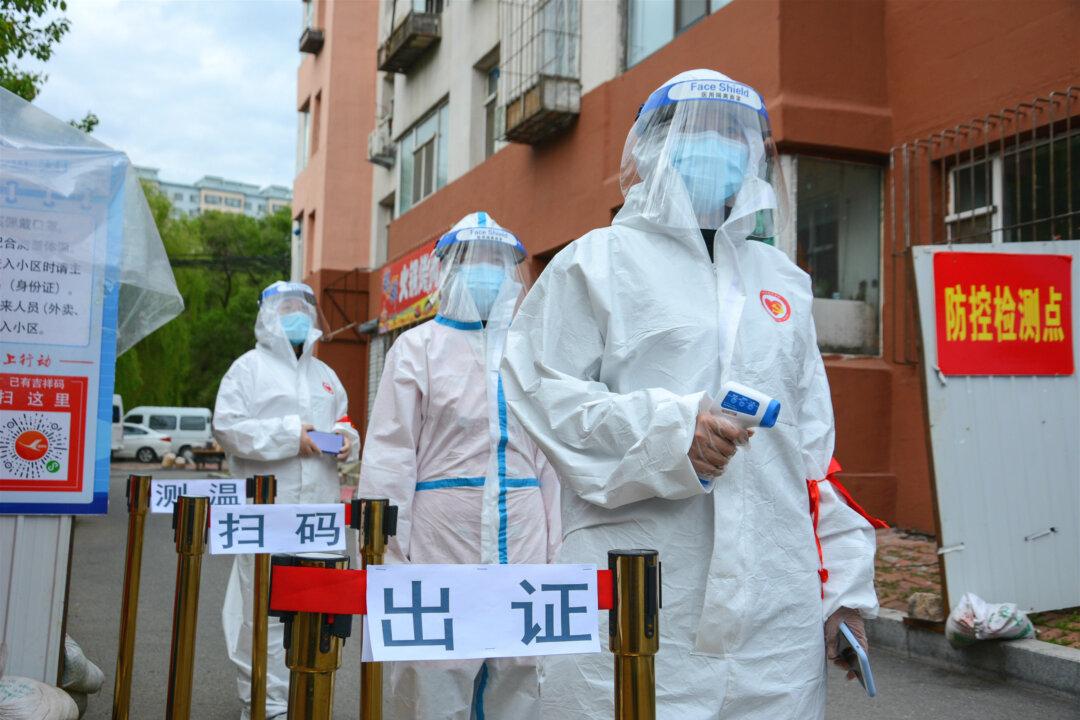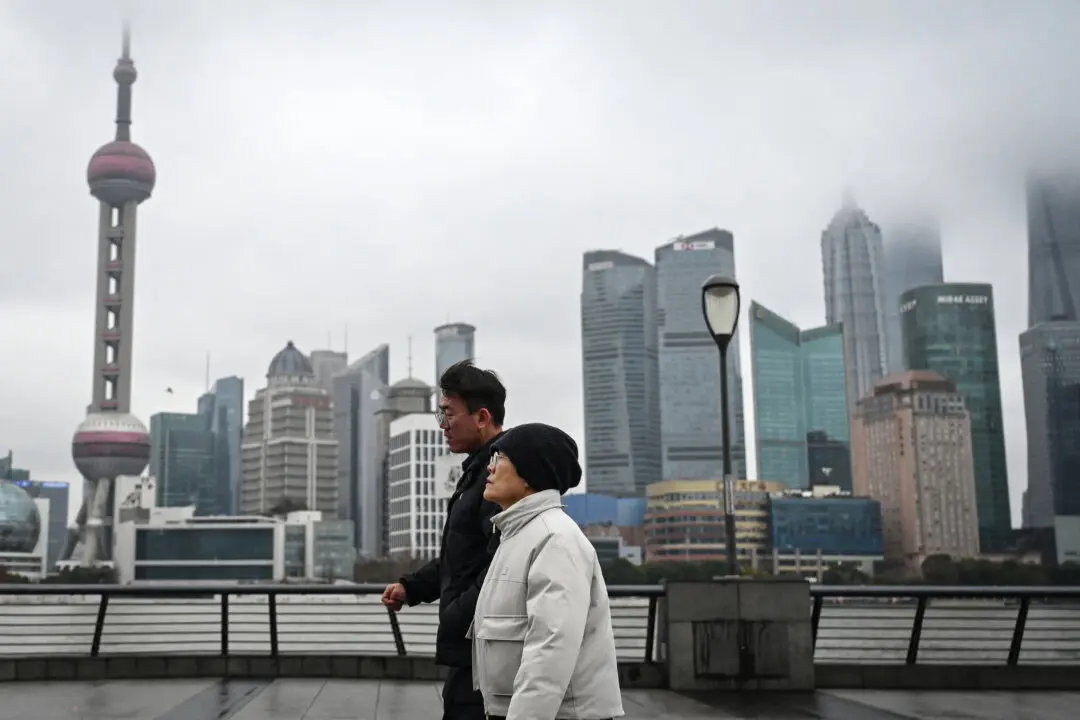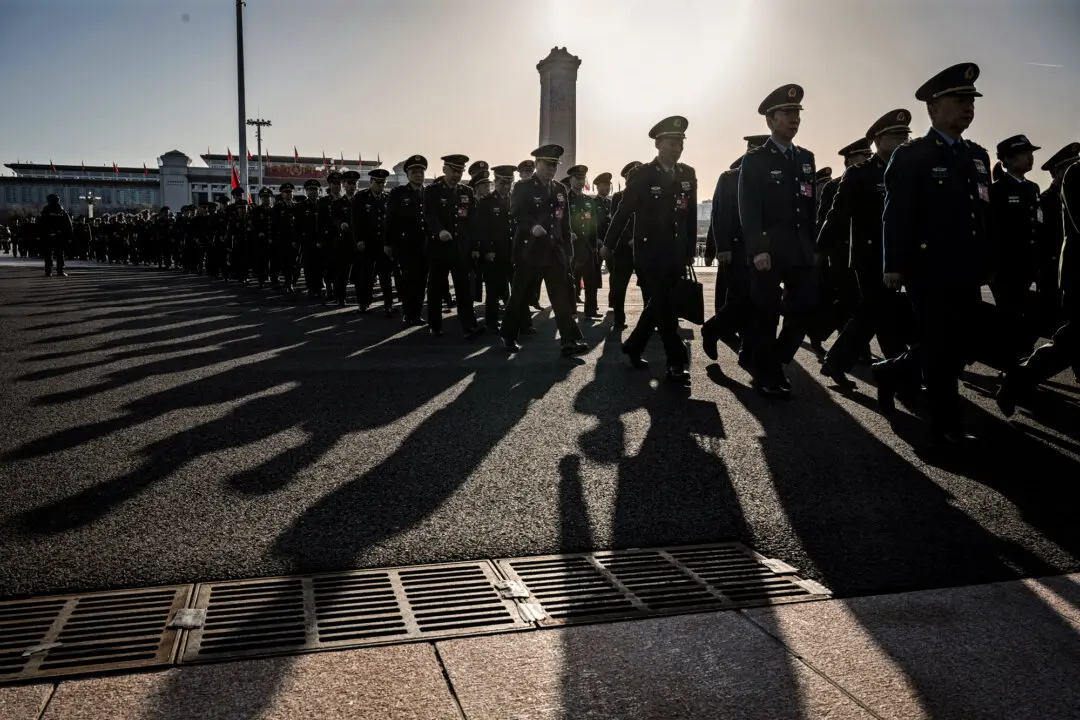After the sudden lockdown of Tonghua city in China’s northeastern Jilin Province, food supplies have become a major problem for its 2.3 million residents. Due to the local government’s extreme COVID-19 lockdown measures, many residents confined to their homes are running out of food. Currently, all the food supplies are distributed and delivered to households by community volunteers. The Epoch Times spoke with some of these volunteers who revealed what the situation was like inside the locked-down city.
Tonghua has already tested all residents for COVID-19 three times so far, but many are still required to stay inside their homes, state-run media Xinhua reported on Jan. 27.




